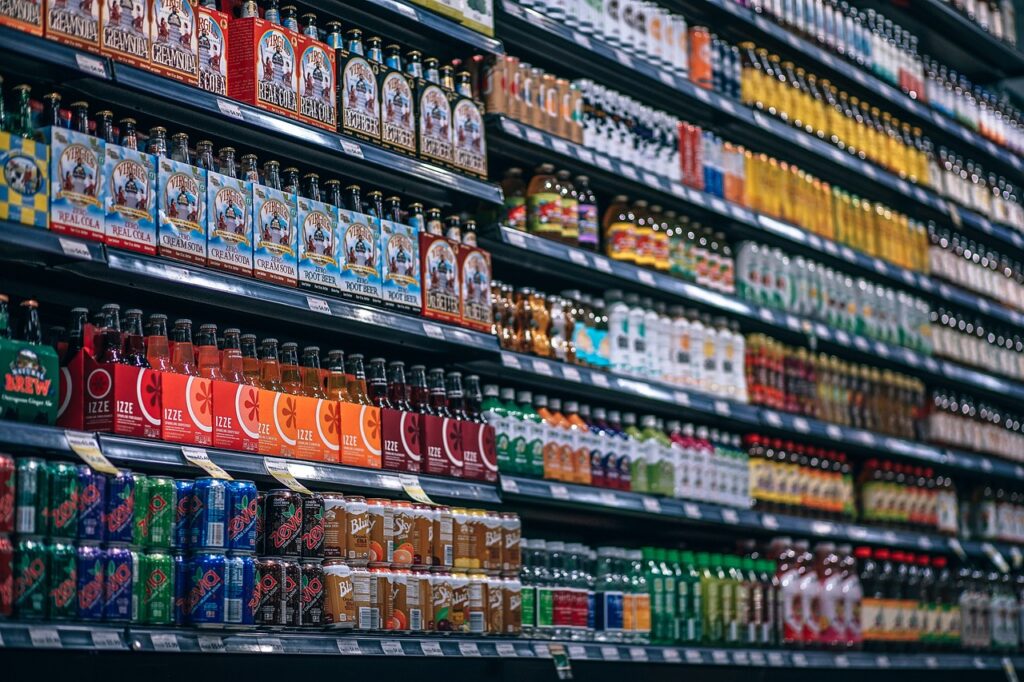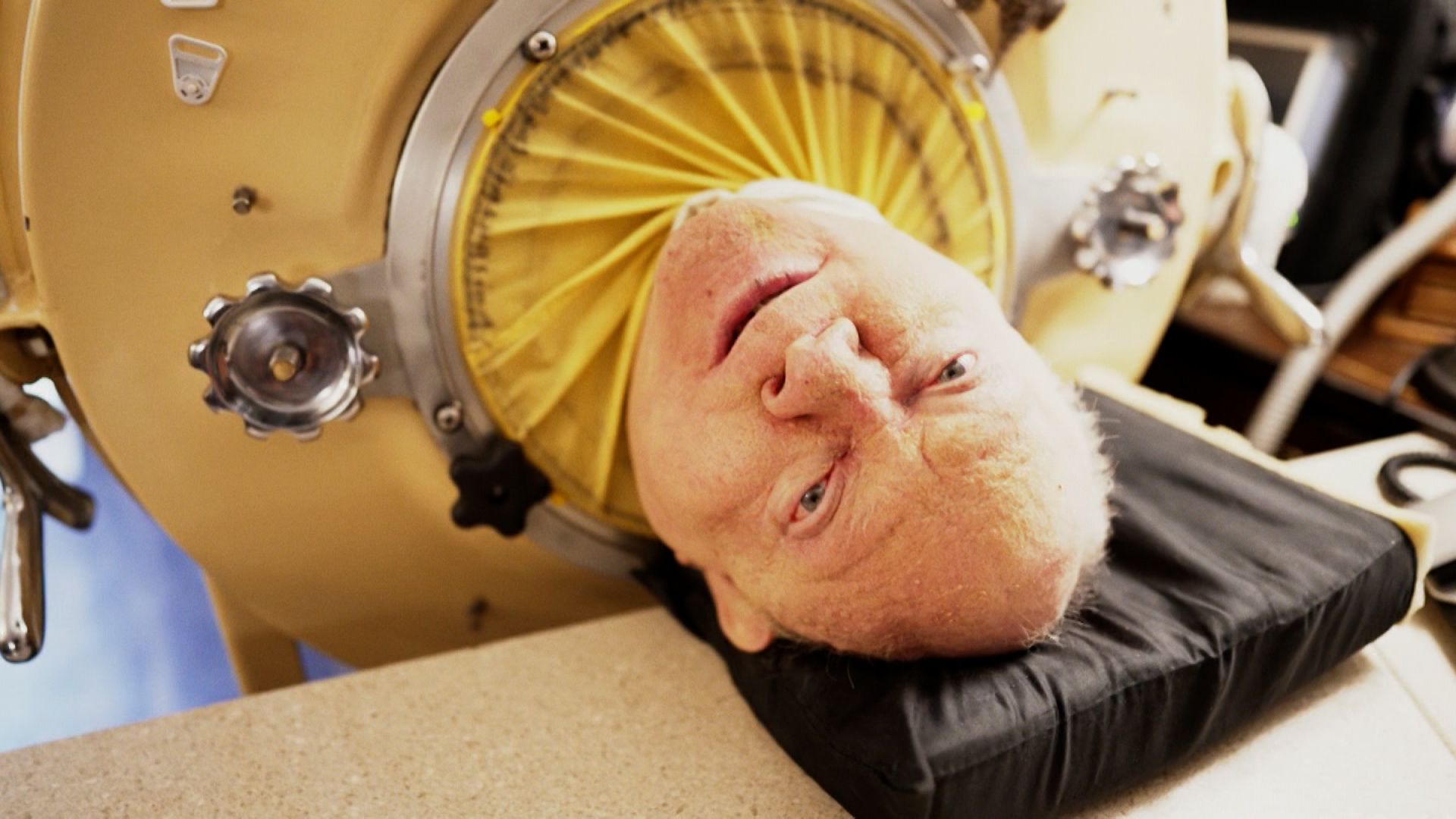In a groundbreaking revelation that’s sending ripples through the health and wellness community, a new study has unearthed a startling association between the consumption of artificially sweetened beverages and an alarming 20% increase in the risk of developing atrial fibrillation (AFib). This recent research, published in Circulation: Arrhythmia and Electrophysiology, peels back the layers on the potential dangers lurking in our seemingly innocent diet sodas and other low-calorie sweetened drinks.
For years, artificially sweetened drinks have been marketed as the healthier alternative to their sugar-laden counterparts, promising the sweetness we crave without the caloric guilt. However, this study brings to light a different story, suggesting that these diet options might not be as benign as once thought. According to the findings, individuals consuming two liters or more per week of these artificially sweetened concoctions are flirting with a significantly higher risk of AFib compared to those who abstain.
But it’s not just the artificially sweetened drinks that are under scrutiny. The study also observed a 10% elevated risk among individuals indulging in similar quantities of sugar-sweetened beverages. This revelation underscores the broader implications of excessive sweetened beverage consumption on heart health, beyond the calorie count.
The findings suggest that both artificially sweetened and sugar-sweetened beverages may have negative effects on heart health, regardless of their calorie content. This highlights the importance of reducing overall consumption of sweetened drinks and opting for healthier alternatives such as water or unsweetened tea. It’s clear that excessive intake of these beverages can have serious implications for cardiovascular health, and individuals should be mindful of their consumption to protect their heart.
The perils of high sugar intake are well-documented, linked to a host of chronic conditions such as type 2 diabetes, obesity, and heart disease. Yet, this study bridges the gap, highlighting a direct correlation with AFib—a condition characterized by an irregular, often rapid heart rate that can lead to blood clots, stroke, heart failure, and other grave complications.

In an eye-opening counterpoint, the research also shines a light on the potential benefits of unsweetened, pure fruit and vegetable juices. Consuming up to one liter per week of these natural juices was associated with an 8% reduced risk of AFib, illustrating the protective properties of whole foods and their derivatives when consumed in moderation.
The implications of these findings are far-reaching. Dr. Ningjian Wang, the lead study author, underscores the importance of moderation and the pursuit of healthier alternatives. “Based on our findings, we recommend people to reduce sugar-sweetened beverages and artificially sweetened beverage consumption to less than 2 liters/week or even avoid whenever possible for heart health,” Wang advised.
As the global community becomes increasingly vigilant about the ingredients we consume and their long-term effects on our health, this study serves as a crucial reminder. It beckons us to reevaluate our drink choices, steering away from the allure of zero-calorie promises and towards the nourishing simplicity of water, infused with natural fruits, or even moderate amounts of pure, unsweetened juices.
Walking through the aisles of our local grocery stores, let’s think about the hidden costs of those low-calorie drinks that gleam with the promise of guilt-free pleasure. Perhaps it’s an opportunity to quench our thirst with choices that not only hydrate but also harmonize with our body’s needs, ensuring a steady, strong pulse that resonates with the natural rhythm of life.
Related posts:
AFib : Diet and Sugary Beverages Can Increase Your Risk
Diet, sugary drinks increase risk of atrial fibrillation, per study – Deseret News
Sweet Danger: Diet Drinks Linked to 20% Higher Risk of Irregular Heartbeat





